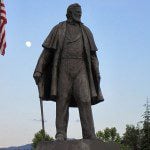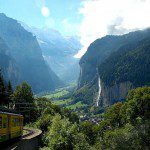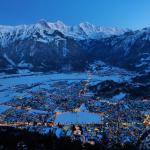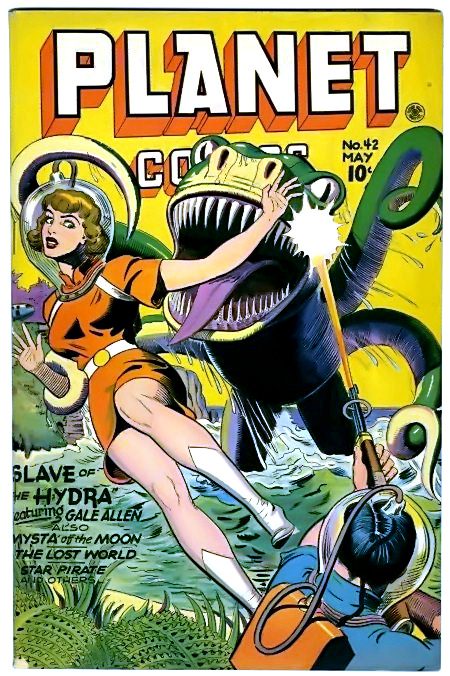
I think that I may actually have been credited, the other day on the Peterson Obsession Board, with having invented the notion of a limited geographical model for the Book of Mormon — having done so, I suppose (because it’s the only reason for which I ever do anything), with an eye toward massive personal financial gain. If so, what an honor! Unfortunately, though, the writer in question wasn’t very clear, so I can’t quite be sure. And he also didn’t specify whether I originated the idea while writing as L. E. Hills in 1917 or under my pseudonym of Janne M. Sjödahl sometime prior to 1927. In either case, I expect that I came up with the idea while resting on The Grassy Knoll in Dallas after my narrow escape from an alien abduction.
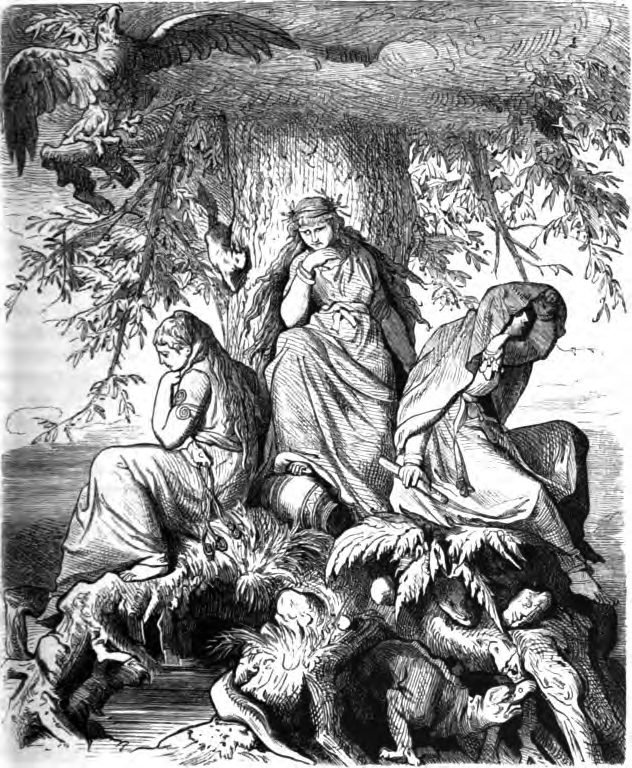
(Wikimedia Commons public domain image)
Please remind me to avoid traveling ever again with the junior representative of our nuclear family’s second generation. (Names here have been suppressed in order to spare them from the tender mercies of my obsessive anonymous online stalkers.) That second-generation unit, accompanied by a third-generation unit, was set to fly from Provo Airport yesterday afternoon — how remarkably convenient, I thought to myself: flying out of Provo! — to Dallas, and then on to Richmond, Virginia. They took off without incident and then, after an hour and a half or so, landed in Salt Lake City. Mechanical issues. So they spent the night with us again, and then, this morning, were to fly from Salt Lake City to Dallas to Richmond on American Airlines. And then their flight to Dallas was delayed a little bit. And then it was delayed several more hours, thus placing their connecting flight on to Richmond beyond reach. So they managed somehow to switch their tickets to the same flight that my wife and I were talking today from Salt Lake City to Washington DC. Which was then, about half an hour short of its destination at Reagan National Airport, diverted to Philadelphia.
We deplaned in Philadelphia because our aircraft needed to be refueled and because, anyway, our pilot and copilot had timed out. We sat in the airport in Philadelphia, in close proximity to the gate where our airplane was docked, for a couple of hours or so, waiting to discover our fate. Finally, they announced an opening in the weather over the District of Columbia. So we got onto the plane with a new crew and waited for roughly another hour before takeoff. We had been scheduled to arrive at Reagan National at something like 5:00 PM. We finally got into our hotel at about 10:30 PM.
Frankly, I was expecting the eventual outcome to be worse. I thought that we might not be able to get in to DC until tomorrow. Now, of course, I recognize that this is very much a First World problem. But this sort of thing has happened to me several times during the past two years or so. I’m wondering whether my experience has been typical, or whether I’m being singled out for special mistreatment by the vengeful Erinyes, the Greek Furies, for my multitude of egregious sins.
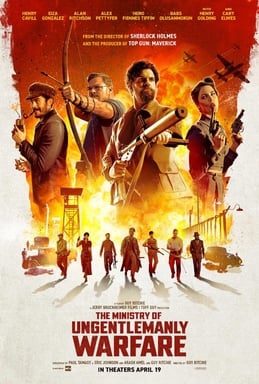
I watched a curious 2024 film on the flight out to Washington DC . . . er, to Philadelphia. And then, umm, on to Washington DC. It was The Ministry of Ungentlemanly Warfare, which is described as “an action-comedy war film” and which was directed, co-written, and produced by Guy Ritchie. The only stars whose names I recognized were Henry Cavill and Carey Elwes — though I scarcely recognized them as they appeared on screen. I did recognize the actor who plays the title role in the television series Reacher — although I’ve rarely watched the show, he’s difficult to miss — but I didn’t know his name. The film is based on a book by Damien Lewis that was published in 2014, titled Churchill’s Secret Warriors: The Explosive True Story of the Special Forces Desperadoes of WWII. Specifically, the film tells the story — how true to the historical facts it is I cannot say — of the exploits of Winston Churchill’s so-called “Special Operations Executive” and “Small Scale Raiding Force” during the extraordinarily daring “Operation Postmaster” that was executed off the coast of Africa.
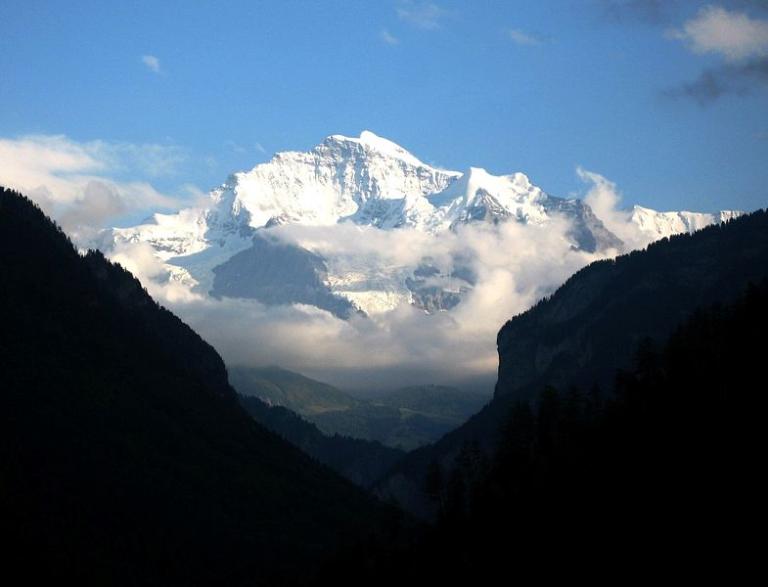
After the film, I began to read British parliamentarian and Christian crusader against slavery, who lived from 1759 to 1833. Eric Metaxas is a very good writer and, thus far, I’m enjoying the book. Here is a passage from it that I marked while reading it and that, of course, is also to be found in the Christopher Hitchens Memorial “How Religion Poisons Everything” File™:
The carping accusation sometimes leveled at Christians, that they are “so heavenly minded as to be no earthly good,” would be leveled at Wilberforce many times in the years to come, but of no one could it have been less true. His new [Christian] perspective made him about as zealous to improve the social conditions of the world around him as anyone who has ever lived. As we shall see, in Wilberforce’s day, it was devout Christians almost exclusively who were concerned with helping the poor, bringing them education and acting as their advocates, and who labored to end the slave trade, among other evils. (64)
I was pleased, too, to read that my own beloved Berner Overland region of Switzerland — and specifically its “capital city” of Interlaken, where I lived for seven months of my mission and to which I return whenever I can, along with the region’s famously beautiful Jungfrau — powerfully appealed to Wilberforce’s aesthetic sense and appeared to play a role in his spiritual awakening:
“We went thither by way of Switzerland, and I have never since ceased to recur with peculiar delight to its enchanting scenery, especially to that of Interlaken, which is a vast garden of the loveliest fertility and beauty stretched out at the base of the giant Alps.” (49-50)
Those are the words of Wilberforce himself. And Eric Metaxas comments:
At Interlaken, Wilberforce was awed and affected by the exquisite grandeur of the Jungfrau. His love of nature was a constant throughout his life, and surely the transcendent power of its beauty must now also have stirred his heart toward thinking of first things. (51)
Having fallen in love with the Interlaken area and the Jungfrau when I first saw them at the age of nineteen, and having made pilgrimages to them many times since then, I can certainly understand such a response.
Posted from Washington DC




